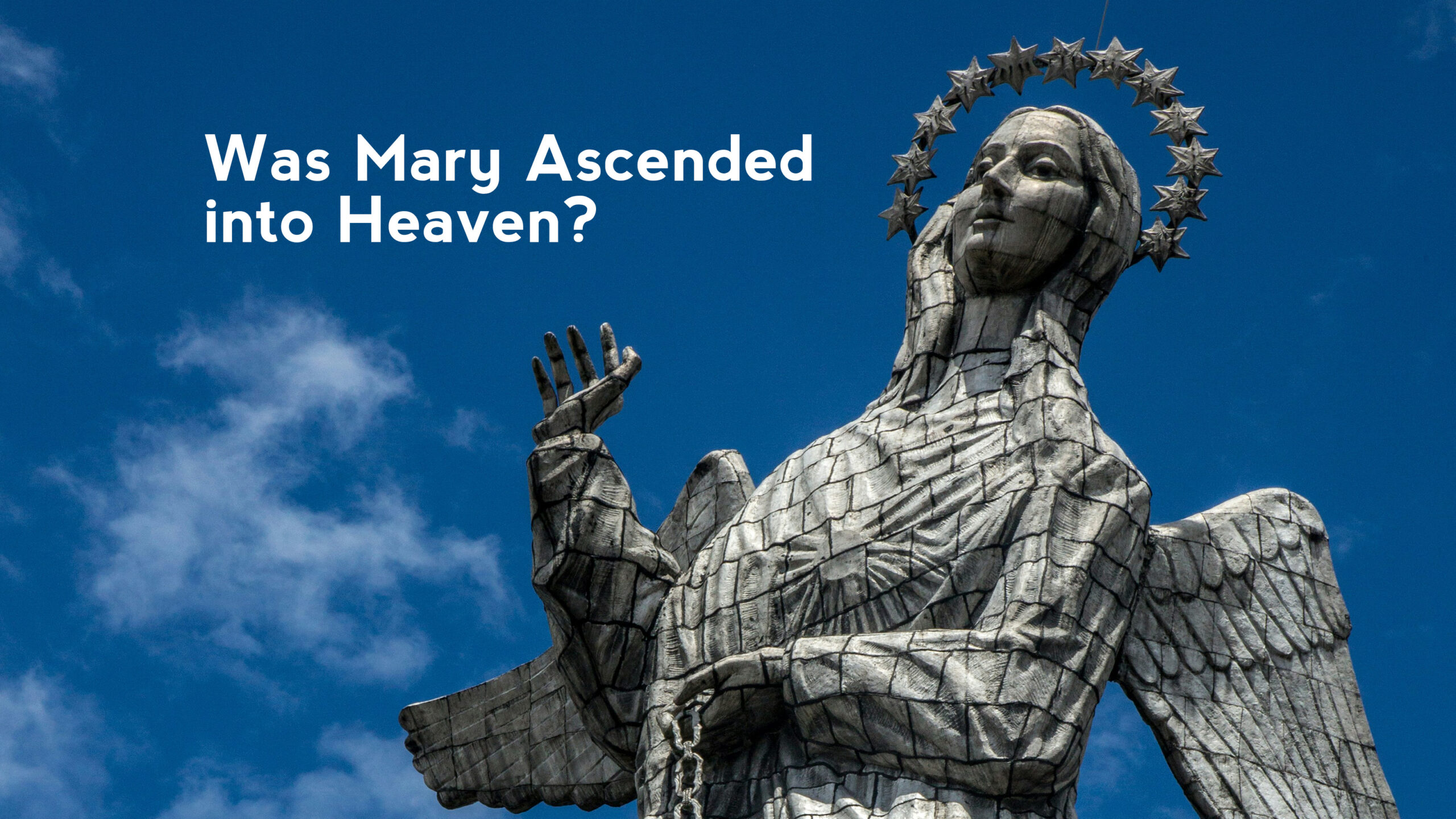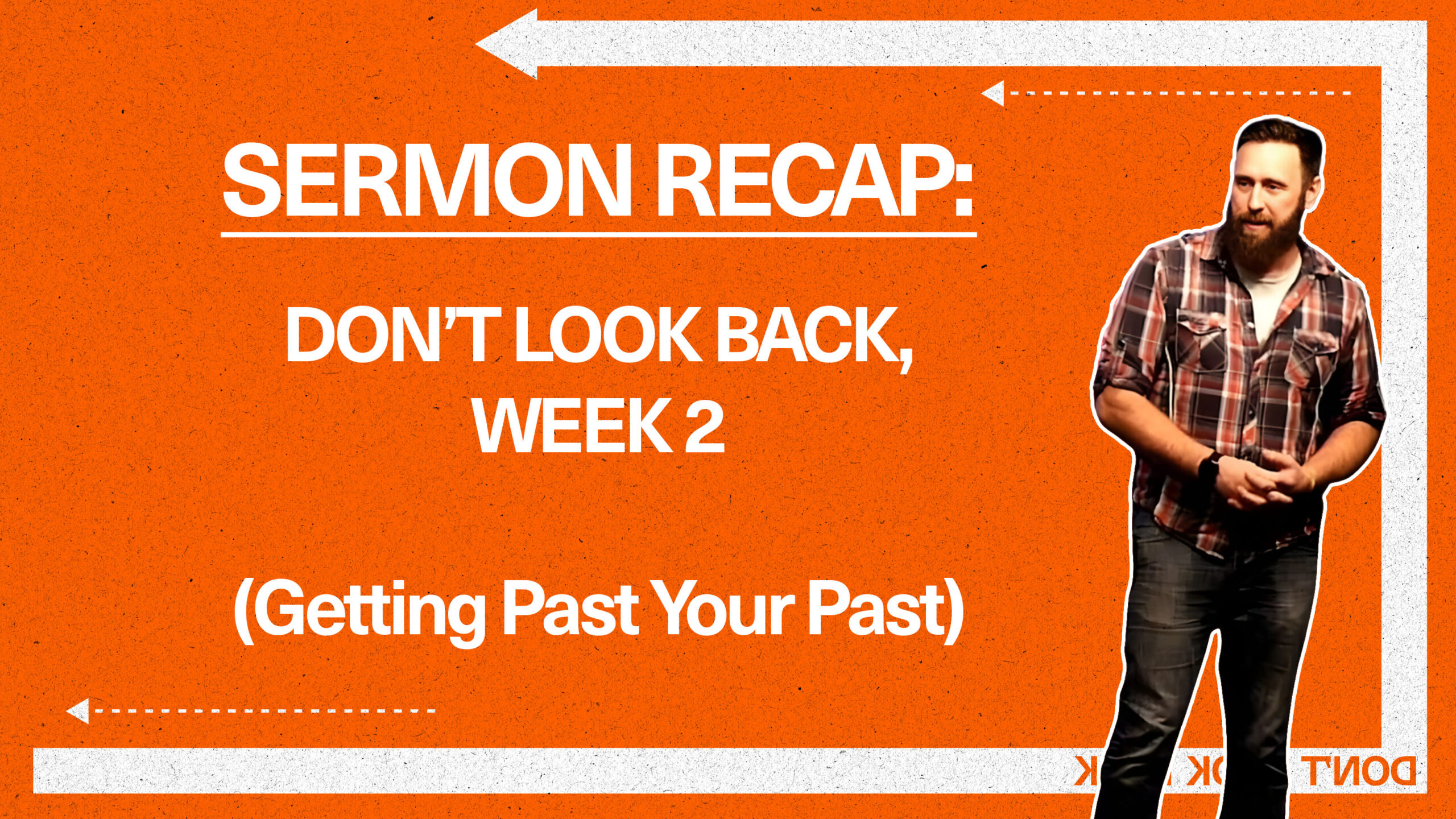If you’d like to find the articles I’ve written on Marian dogma in the Roman Catholic Church, you can find them here.
The four core dogmas of RCC Mariology include:
- Perpetual Virginity. This is the notion that Mary remained a virgin after giving birth to Jesus, and was never sexually intimate with her husband, Joseph.
- Immaculate Conception. The idea behind this doctrine is that in order for Mary to have been the vessel for bringing God’s Son into the world, she too must have been sinless.
- Mary as “The Mother of God”. This doctrine is based on the Greek title theotokos meaning “God Bearer” or “Mother of God”. Protestants generally reject this title, and I discuss why at the link.
- The Assumption of Mary. This doctrine asserts that Mary ascended into Heaven – or, God “assumed” her into Heaven – like Christ, Elijah, and Enoch are described as having experienced.
So how should Christians view Mary in light of the Bible and early church history?
Mary is rarely mentioned again after the birth of Christ. So rare in fact, that we could briefly list all of them…
- When Jesus was 12 and Mary and Joseph accidentally left Him in in the temple in Jerusalem (Luke 2:41-52).
- The folks of Nazareth mention Mary alongside Jesus’ brothers and sisters (Matthew 13:55).
- While Jesus was teaching, Mary came looking for Jesus alongside His brothers and sisters (Mark 3:53-56).
- The wedding of Cana, where Jesus turns water into wine (John 2:1-5).
- At the cross with the apostle John (John 19:25-27)
- Likely at the empty tomb. (Luke 24:8-11).
- At the ascension of Jesus, and waiting in the Upper Room for the Holy Spirit. (Acts 1:12-14)
In every single one of these examples, Mary is a participant, and often hardly more than a footnote. Furthermore, if she had some divinely appointed role in God’s work of redemption or the function of the church, why does she not appear one single time in any of the epistles? Peter, James (also Mary’s child), Paul, John, etc. never mention Mary even once in any of their letters to the churches. But the death and resurrection of Christ is mentioned dozens of times, and heavily elaborated on over hundreds – maybe thousands – of verses. Prayer, singing worship, communion, baptism, sexual purity are each given far more attention than Mary. If Mary were important for the church to admire, “venerate”, etc. there would be clear evidence of this in the NT.
The best advice given by Mary was to do whatever Jesus said.
At the wedding in Cana mentioned in John 2, Mary tells a group of servants, “Whatever He tells you, do it.” I would humbly submit that this is still excellent advice. Later in the same Gospel account, Jesus says, “I am the way, the truth, and the life; no one gets to the Father except through Me.” (John 14:6). Praying to Mary or any other saint is an exercise in futility. Jesus alone sits at the right hand of the Father and ever lives to make intercession for us. Mary is never referred to as a distributor of God’s grace in Scripture. She is described as “full of grace” in Luke 1, but this is best translated as “favored one.” Regardless, “full of grace” or “favored one” in no way implies some divine office in administering Christ’s salvation to repentant believers.
What most Roman Catholics don’t seem to understand, is that suggesting Mary is a necessary entity in the distribution of grace, makes Jesus insufficient by default. And if He is insufficient to distribute the very grace He purchased upon the cross, then He is not omnipotent God. No matter how you slice it, insisting on a Marian dogma as part of critical Christian theology creates far more problems than it supposedly answers. And all the “answers” from the RCC regarding Mary is either an argument from silence, a negative inference fallacy, or utterly dependent on early church history with mixed reports of Mary’s death and assumption, at best. And I could live with her being assumed, as she is neither the first, second, or third person in Scripture to be ascended in some fashion.
As far as the beliefs of early church fathers about Mary are concerned, this is where Bible Christians and Roman Catholics most clearly diverge, and not only regarding Mary. Roman Catholics interpret the Bible through the lens of church history, while Bible Christians interpret church history through the lens of the Bible. Yes, many early church fathers had a high view of Mary, honoring her – often in appropriate ways, and often in ways that made her more than the vessel of God bringing Christ’s corporeal form into the world. But they, like us, were flawed human beings.
This in no one is intended to minimize what Mary did do. If we will accept Mary as the Bible would portray her to us, then we must objectively hold her in high regard – blessed among women, yet not above women. She is the second Eve, flawed and in need of redemption (Luke 1:47), and yet chosen by God for a purpose and a promise. Eve received her name, meaning “mother of all the living,” after she fell into temptation. She was not named “mother of all the dying,” which in context would have made a lot more sense, shameful of a name as that might have been. And as Eve was promised that her offspring would crush the head of the Serpent (Satan), Mary was the descendant of Eve by whom this promise was fulfilled, bringing the Offspring of the woman who would crush the Serpent’s head, and defeat sin and death.
Jesus is the Savior of the world. And Mary is His mother – an obedient vessel who humbled herself to the purpose of God. She is also the result of God’s promise through Eve, prophetically bookending the “first Adam” and “last Adam” i.e., Jesus Christ (1 Corinthians 15:45; Romans 5:14-21). Mary is worthy of honor, respect, and credit due her as the mother of our Savior. But we should never bow to an image of her (idolatry), pray to her, or create unreasonable and unnecessary beliefs and superstitions about her, for which Scripture clearly suggests otherwise. The best thing we can do regarding Mary is to take the advice she gave to the servants in John 2: “His mother said to the servants, ‘Whatever He [Jesus] tells you, do it.’” (John 2:5).
Blessings,
Pastor John




